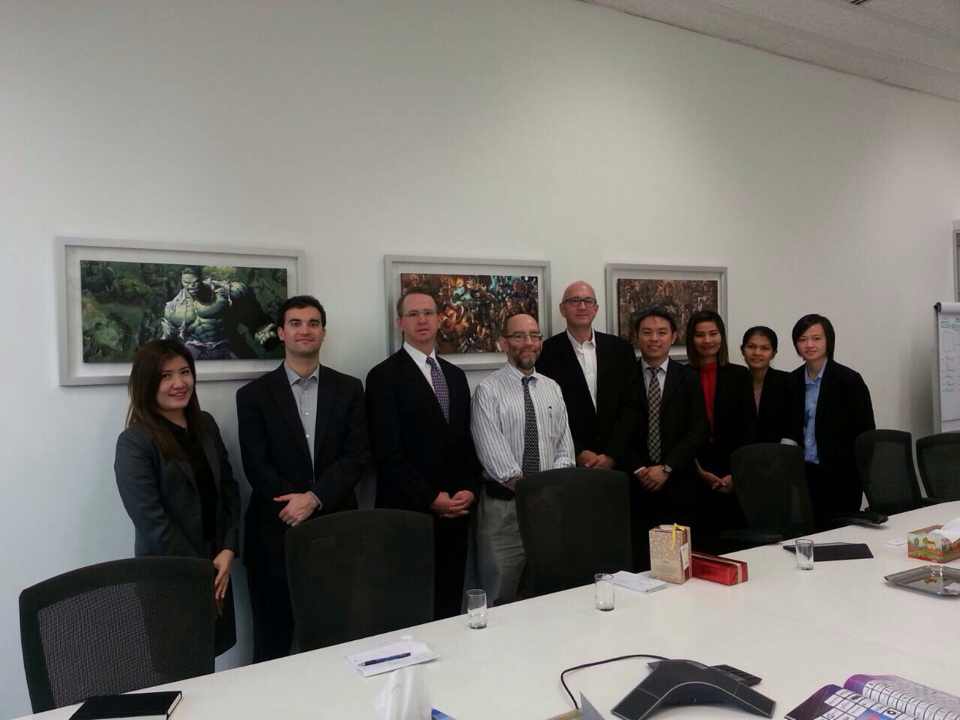by Per Strömbäck
(Mar 30, 2014) Technology is defined not so much by innovation and break-through research, but rather by government investment, policy decisions, competing standards, market changes, opposing business interests, and not least legal developments. Napster may have brought the music industry to its knees in the late Nineties, but it could not have happened had it not been for a very specific piece of legislation. The Digital Millennium Copyright Act of 1996was the Clinton Administration’s attempt to strike a balance of the opposing interests of the entertainment and telecom businesses. The latter were granted immunity from any infringements on the part of their users, the former the chance to send cease-and-desist-letters and bring cases. It may have looked like a great solution at the time, but as is obvious to the present day observer, the legal process was much slower than the pirate distribution. Worse, the DMCA created a business climate where the intermediaries have little incentive to take action against any sort of abuse, but can tinker with the traffic as they see fit – discriminating against services that threaten their revenue (such as voice-over-IP-telephone services) and selling extra capacity to those who can pay (like the recent Netflix-Comcast deal). If there is one root cause of the problems online today, it boils down to this intermediary privilege. Money laundering, Silk Road drug sales, child pornography, TOR gun/bomb shopping lists, online bullying, phishing… you name it: J’accuse the DMCA.
The European version of the DMCA is the Infosoc Directive of 2001, complete with immunity for intermediaries and a legal mechanism to counter infringement, §8.3. However, in its European implementation, these rules allow courts to order intermediaries to block their users to access services and websites which contain infringing content. And it works, according to afresh report from the music industry, the ten EU countries where courts have ordered ISP’s to block infringing services have 11% lower use of Bit torrent (the main standard for file-sharing piracy).
This week, the Court of Justice of the European Union, ruled in the so calledKino.to-case which concerned the Infosoc 8.3 rules. The CJEU found that website blocking is a balanced and effective way to counter copyright infringement. Some say that this ruling “breaks the internet”. If you think the internet is about anarchy and freely taking (and distributing!) what is not yours, then sure: that may be broken. But if you agree that the Internet must be part of society, where the same rules apply and where rule of law, democracy and human rights prevail, then the CJEU-ruling rather fixes the Internet than breaks it. Dare we hope it’s a first step to getting rid of the intermediary privilege altogether?
Excerpted from the Netopia.eu blog

